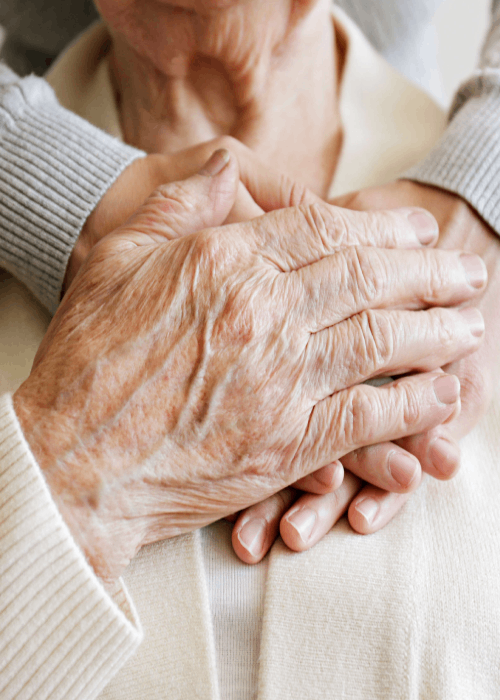
Burbank, CA Getting an early diagnosis of Alzheimer’s disease and related dementia (ADRD) is critical, agreed the panelists on the Mapping the Future of Alzheimer’s Partnerships panel at the C4A 2023 Annual Conference, held here from May 9-11. Yet some people have this diagnosis written in their medical chart and their doctor hasn’t even told them.
Michele Johnston, Program Director for Dementia Initiatives at the California Department of Aging said that around 50% of people who have Alzheimer’s are diagnosed. “Half of the people diagnosed with dementia are never told by their physician,” she said, which I found to be a shocking statistic. “When people get diagnosed earlier, it saves money for both the family and society,” she said.
Roughly 60-80% of dementia cases are Alzheimer’s disease, said Barbara McClendon, Public Policy Director at Alzheimer’s Los Angeles. Yet many people refer to dementia as Alzheimer’s disease. About 690K Californians had Alzheimer’s disease in 2020, a number which is expected to rise to 840K by 2025 due to the rapid aging of our population.
Longer term, the statistics are even more bleak, and minorities are being hit harder than the general population. By 2040, the number of Latino’s with the disease are expected to triple, as are the number of African Americans having the disease. For Asian’s, the number will double during this time frame. The same is projected for members of the LGBTQ community.
McClendon rattled off a number of other alarming stats and said, “We are really fortunate in California that the State is aware of these statistics. Governor Newsom has gathered an Alzheimer’s Prevention and Preparedness Task Force, and Kim McCoy Wade, Senior Advisor on Aging to the Governor appeared on another panel to discuss what the State of California is doing to address the many issues seniors face in our state. “Progress is already being made,” said McClendon.
Goal 2 of the Master Plan for Aging is “Health Reimagined” which includes a focus on dementia. The plan is implementing a number of initiatives and calling for refunding for Adult Day Care, which was defunded in 2009.
She also said that research shows that there are a number of things Californians can do to reduce their risk of getting dementia, but “we need to get this info out,” she said. Johnston noted that much progress has been made with the Center for Disease Control and Prevention’s (CDC) 2018-2023 National Healthy Brain Initiative Road Map, and they are preparing to come out with a second edition of the road map soon. She said the federal government had given out a number of grants to help fuel the Road Map, and the state has given grants to 13 different counties, including Monterey.
Terry Gabriel, Executive Director at PSA 2 of the Area Agency on Aging (AAA), said her agency had partnered with the Alzheimer’s Association and the Family Caregiver Support Program and emphasized the importance of inter-agency partnerships.
Shasta County was awarded funding and AAA was able to connect them with other agencies. They developed a Community Needs Assessment Survey which was used to develop their local plan. One thing the survey revealed was that first responders are there when there is a fall or someone with dementia has an outburst. Sometimes they are at the same person’s home repeatedly. They were able to develop a training program for first responders who can now better deal with dementia patients.
Victoria Jump, Director of the Ventura County AAA said that with the help of an ADPI Grant, they were able to develop the CAlz Connect initiative (California’s No Wrong Door System) which will be an enterprise client relationship management (CRM) system with interoperability between CRM systems with the Congressional Budget Office, health plans and counties. This will be launched later this year. The objective is to support communities and caregivers with access to quality innovative services.
Regular readers of my blog know that both my father and my grandmother had Alzheimer’s disease when they passed way. It’s a terribly debilitating disease which can suck the life out of caregivers and family members. Our local Alzheimer’s Association in Ryan Ranch has some wonderful people that can help, as well as a 24-hour hotline at 1-800-272-3900.





